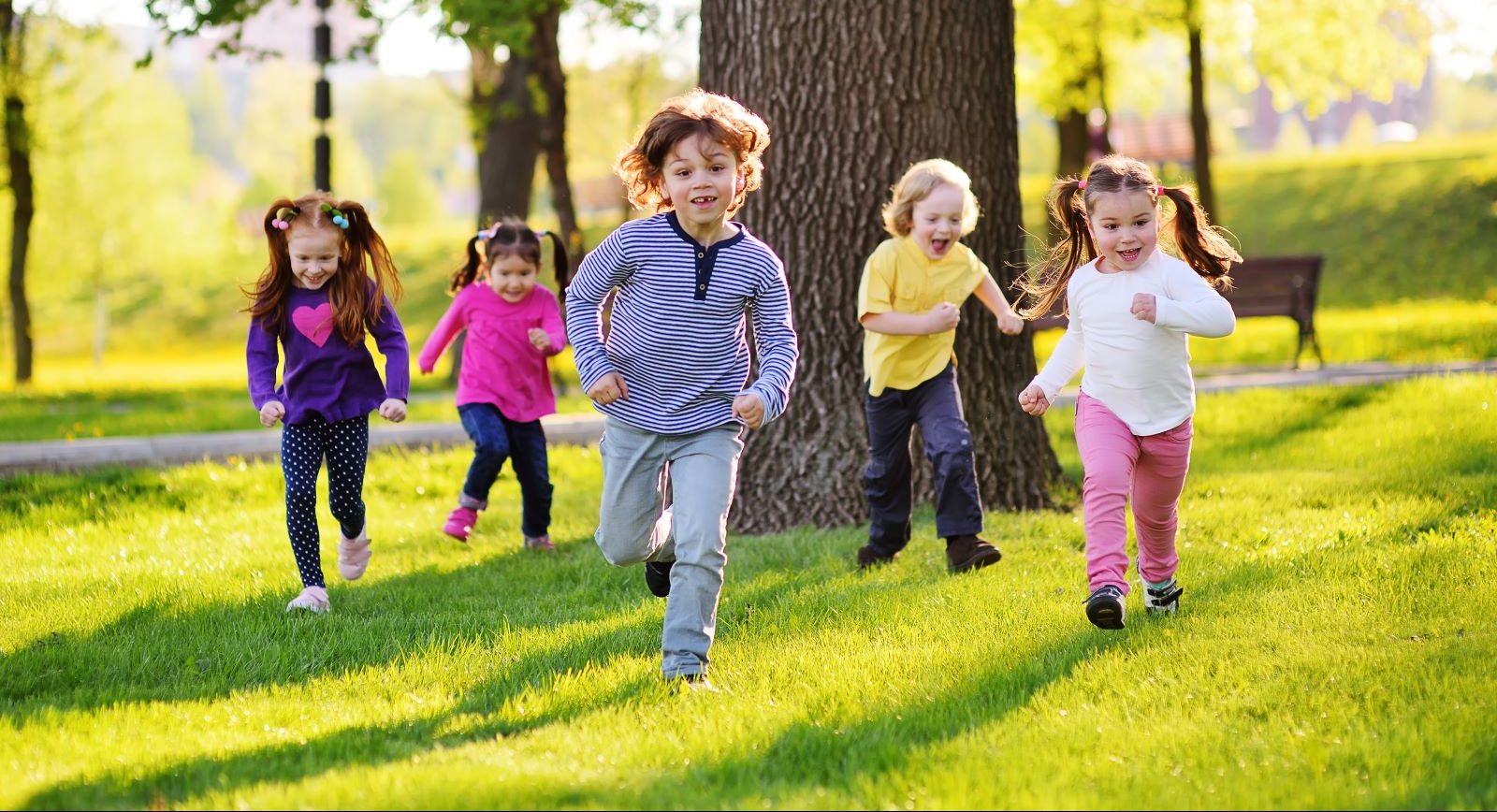By Diana Grysziewicz, primary therapist at Natchaug Joshua Center Southeast
Studies show that outdoor activity can have a wide range of benefits for youth, including providing a new, stimulating context for learning, improved socialization skills, improvements to physical health, better quality sleep and strengthened motor skills. In addition to these benefits, recent studies are finding that time spent outdoors can provide an equal number of mental health benefits such as reduced stress, positive changes to mood and reduced symptoms of anxiety and depression.

As society has adapted to depend on technology throughout the pandemic, outdoor activity and engagement may be more important than it ever has been before – especially since COVID-19 may have negatively impacted the way individuals participate in or access outdoor activities. For youth who have experienced prolonged stress related to the pandemic, including transitioning between remote and in-person learning, spending 20 to 30 minutes outside has been proven to reduce the stress-causing chemical, cortisol, that naturally occurs within the body.
Outdoor exercise, in addition to sunlight, has been proven to reduce blood pressure (a common symptom of stress) and increase endorphins, known as “feel good” chemicals produced by the nervous system. Both have been identified in recent studies as leading ways to reduce stress levels as we shift toward a post-pandemic society.
Spending time in nature can serve as an opportunity for our minds to rest from the stressors we face on a daily basis. Research has shown that natural sunlight exposure stimulates the pineal gland and increases serotonin, the neurotransmitter known for boosting mood, within the brain. Increased serotonin levels have been associated with decreased depression and anxiety.
As the spring season approaches, look for ways to encourage youth to spend more time outdoors, or incorporate outdoor-based activities if you are a professional who is currently involved with youth. Taking a short walk outside before dinner or taking a phone call outside are simple ways to incorporate outdoor activities into daily routine. Walking, biking and hiking are a few ways young people can combine exercise and outdoor activity to improve mental health. For professionals working with youth, many resources are available online including group outdoor games and team building exercises.


